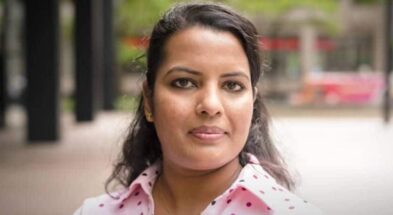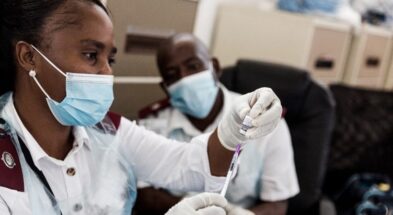The World Health Organization (WHO), on Thursday, granted “emergency validation” to the coronavirus vaccine developed by Pfizer and BioNTech, making it the first vaccine to be given such approval by the United Nations body. The action means that poorer countries may soon get access to the shot, already available in Europe and North America.
The global body said that the decision to issue its first emergency use validation for a COVID-19 vaccine “opens the door for countries to expedite their regulatory approval processes to import and administer the vaccine.”
Every country with a drug regulatory agency will have to issue its own approval for any COVID-19 vaccine, but countries with weak systems usually rely on WHO to vet the shots.
The UN health agency said its review found the Pfizer-BioNTech vaccine, which has already received clearance in the United States, Britain, the European Union and a dozen other countries, “met the must-have criteria for safety and efficacy set out by WHO.”
The BioNTech-Pfizer vaccine must be stored at ultra-frozen temperatures, a big hurdle for developing countries where the required freezers and reliable electricity supply may not be available.
“This requirement makes the vaccine more challenging to deploy in settings where ultra-cold chain equipment may not be available or reliably accessible,” WHO said, adding that it was “working to support countries in assessing their delivery plans and preparing for use where possible” The American-German vaccine was first approved by the United Kingdom administration last month, paving the path for the launch of a mass inoculation program on December 8. Other countries that followed suit are the United States, Canada, Qatar, Bahrain, and Mexico. Recently, Singapore became the first Asian country to begin vaccinating its healthcare workers with the Pfizer-BioNTech vaccine.



















